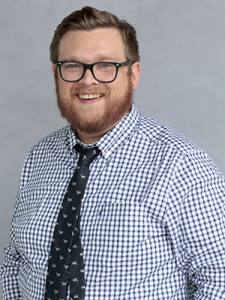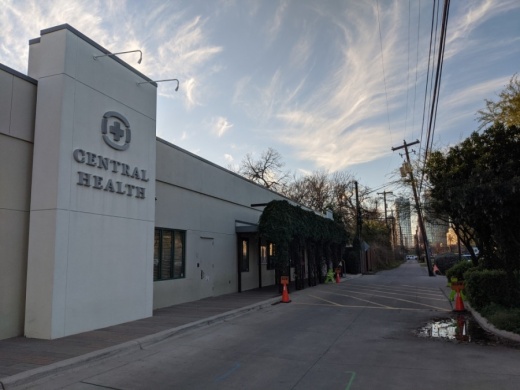The Central Health board of managers Sept. 16 voted to approve the agency’s fiscal year 2020-21 budget, which includes a property tax increase.
According to budget documents, the adopted FY 2020-21 total tax rate of $0.110306 per $100 valuation is a 6.9% increase over the effective rate, or the rate Central Health would have to set if its budget were to remain flat. This was the highest tax rate the Central Health board could adopt following an August vote.
The FY 2020-21 maximum tax rate set by the board of managers is also a 4.48% increase over last year's tax rate of $0.105573.
Central Health budget documents show the tax rate will result in a tax bill of $392 for the average taxable homestead value of $355,379 for homeowners in Central Health’s taxing district. That is an annual increase of $24.97, according to Central Health, a 6.8% year-over-year increase.
In all, the health care district will collect $234.06 million in property tax revenue in its upcoming fiscal year, an increase of $19.15 million from the prior year.
That increase in revenue will translate to a nearly identical increase in health care services provided by Central Health in FY 2020-21, budget documents show.
Central Health is budgeting $155.08 million in health care service expenditures in the upcoming year after spending $135.29 in FY 2019-20.
The largest chunk of those increased services will come in primary care and specialty care services, Central Health documents show. Central Health will spend $71.38 million in FY 2020-21 on primary care and specialty care—including medical care, dental care and behavioral health services—an increase of more than 18% year over year.
“We know the demand for our health care services increases every year. We have seen this even more so compounded this year due to COVID-19,” said Sherri Greenberg, the chair of the Central Health board of managers. Managers spent much of the Sept. 16 budget discussion focused on a request from the Health Alliance for Austin Musicians for increased funding to help enroll local musicians in health care. HAAM CEO Reenie Collins spoke at the Central Health board of managers meeting on Sept. 16 and has been advocating for increased funding, alongside other HAAM advocates, at meetings over the past several weeks.
In the end, managers approved an amendment on the FY 2020-21 budget to add $640,000 to Central Health’s Premium Assistance program to aid HAAM.
“These are unprecedented times, and we want to provide people with more care,” Central Health board member Maram Museitif said.
Those funds will be directed to increase health insurance enrollment among HAAM members, with a focus on enrolling low-income musicians of color, according to Ted Burton, vice president of Communications with Central Health.
As previously reported by Community Impact Newspaper, the Central Health FY 2020-21 budget also includes provisions to begin construction on three new health care clinics in eastern Travis County. Those clinics will be located in Del Valle, Hornsby Bend and Colony Park.
Central Health’s new budget earmarks more than $22 million for capital projects, budget documents show. According to Central Health documents, the health care district “anticipates issuing debt at a future date” to pay for its capital projects.
Included in that capital projects budget is a $5 million chunk allocated for redevelopment of the former University Medical Center Brackenridge, which is being demolished as part of the Red River Street relocation project.
Following the Sept. 16 vote by the Central Health board, the district’s budget now moves on to Travis County commissioners for approval. According to Central Health documents, the Travis County Commissioners Court is expected to vote on the budget at its Sept. 29 meeting. The new fiscal year begins Oct. 1.





